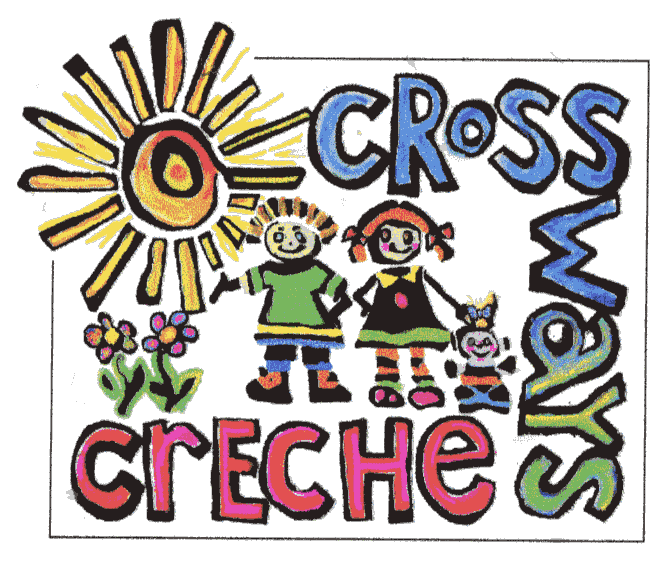Rationale: (why do we need this policy?
Open and effective communication is the foundation of respectful and inclusive relationships between the management of the Centre and staff, with parents, guardians, whanau and the local community. Decision making should be seen to be an honest, cooperative and consultative process, leading to reasonable and fair outcomes that are in the best interest of the children.
Objectives: (What do we hope to achieve?)
To ensure the Centre provides opportunities for parents/guardians and, where appropriate, whanau and the wider community to:
- feel welcome to actively participate in decision making;
- have ease of access to information concerning their child, the curriculum and the operation of the Centre
- actively contribute to the development and review of the Centre’s operational documents. Examples of these include policies, procedures, philosophy and strategic plans.
- participate in shaping the curriculum by sharing their aspirations for their child’s learning and care.
- establish responsive and trusting relationships and open communication.
Guidelines: (How will we achieve it?)
- The way we work together should be formed by our understanding of one another, and our ability to ask for and respect the opinions of others.
- The aspirations of parents/guardians and whanau for their child are central to developing mutual/shared understandings of learning at the Centre.
- Consultation should be sensitive to cultural perspectives.
- Responsive and reciprocal relationships with parents/guardians and whanau should be the foundation for building relationships that have the thread of whanaungatanga woven through them.
- Consultation should be seen as a process of gathering information to achieve shared understandings, goals and expectations that will inform decision making.
- Consultation should involve the statement of a proposal not yet finally decided upon, listening to what others have to say, considering their responses, and then deciding what will be done.
- Staff and management have a responsibility to implement consultation methods that are appropriate for the community the Centre serves.
- Consultation should be planned so as to best serve the needs of the child, parents/guardians, whanau and the community.
- Pre-enrolment processes are considered important in establishing initial relationships and sharing information.
- Staff should provide formal and informal opportunities to discuss with parents/guardians, their child’s progress, interests, abilities and areas for development on a regular basis, sharing specific observation-based evidence;
Consultation should be based on a mix of informal and formal activities and the views of parents/guardians and whanau may be sort in a variety of ways.
- Formal opportunities may include - review of policies and procedures, surveys, parent hui, AGM, newsletter and induction material.
- Informal opportunities may include - chats with parents at drop-off/pick-up, notices asking for input at the centre, web and facebook.
References:
Licensing Criteria for Early Childhood Education and Care Centres 2008, GMA2, GMA3, GMA
Te Whāriki Belonging-Goal 2: Children and their families experience an environment where they know that they have a place. Pg52
Te Whāriki Family and Community – Whànau Tangata The wider world of family and community is an integral part of the early childhood curriculum pg42
Approved date: May 2021 Review date: May 2024